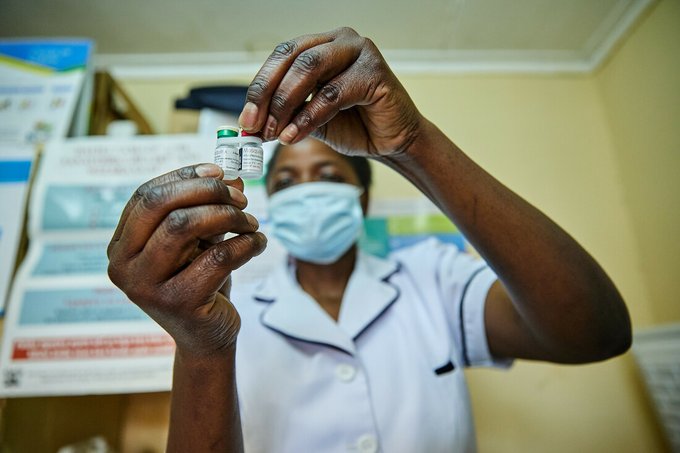Benue State is facing a growing health crisis as the government has reported 243 suspected cases of Lassa fever since the beginning of 2025. The disease has so far claimed 13 lives, including a health worker, raising serious concerns across affected communities.
Dr. Asema Msuega, the State Epidemiologist, disclosed these figures during a health briefing in Makurdi. He explained that out of the total suspected cases, 18 were confirmed through laboratory testing.
“Of the 13 deaths, five were from confirmed Lassa fever cases, while eight were classified as probable. Probable deaths are those of persons suspected to have the disease but who died before samples could be collected,” Dr. Msuega clarified.
Lassa fever is a viral illness spread to humans through contact with food or household items contaminated by rodent urine or faeces. It can also spread from person to person, especially in healthcare settings where proper protective measures are not taken.
To combat the spread of the disease, the Benue State Ministry of Health has partnered with the World Health Organisation (WHO) to launch a major community intervention project in high-risk areas. This partnership began in August 2025 as part of an emergency response to rising infections.
Dr. Msuega said the intervention focused on reducing rodent populations and improving hygiene in communities where outbreaks have been most severe. “We worked on rodent control, environmental sanitation, and community clean-up exercises. We also carried out sensitisation campaigns to educate the public on how to prevent Lassa fever,” he said.
Training was also provided for health workers to improve the handling and referral of suspected cases. This is particularly important given that one of the victims was a frontline health worker, underscoring the risks faced by medical personnel during outbreaks.
Benue State has seen repeated outbreaks of Lassa fever over the years, particularly during the dry season when rodents tend to move closer to human settlements in search of food. Health experts say prevention largely depends on proper food storage, improved sanitation, and public awareness.
The state government is urging residents to avoid contact with rats, store food properly, and report any symptoms such as fever, vomiting, and bleeding to the nearest health facility immediately. Early detection and treatment, officials say, can save lives.
Lassa fever remains a major public health threat in Nigeria, especially in states like Benue that lie within the endemic zone. The Nigeria Centre for Disease Control (NCDC) continues to monitor the situation and support state-level responses.

